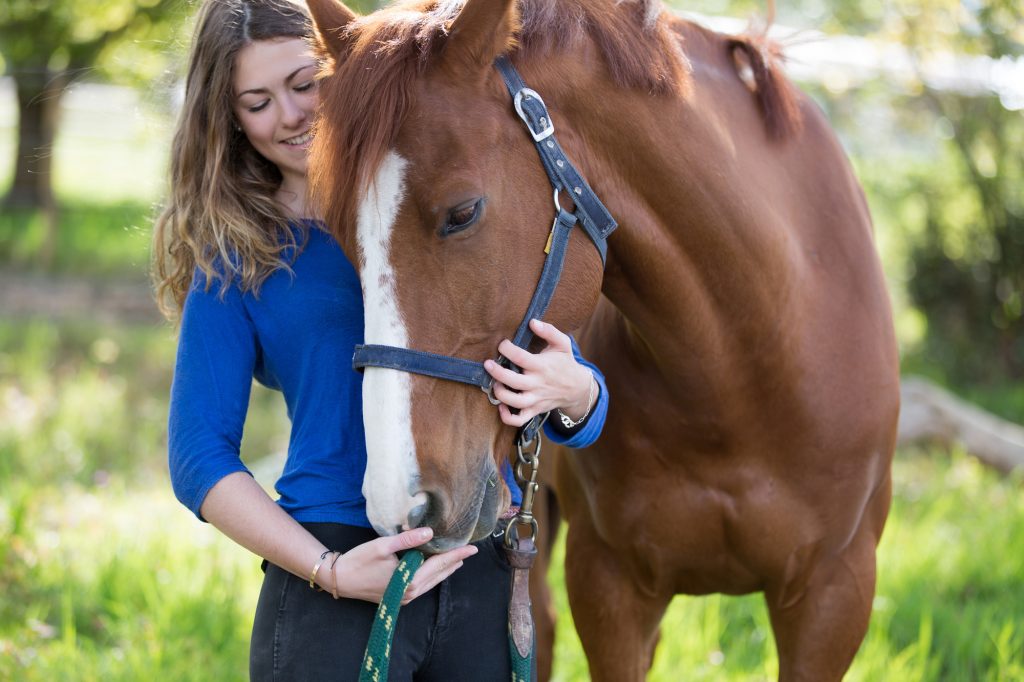CBD Usage In Horses
When people think of CBD for animals, they typically imagine dogs or cats. However, CBD products for animals extend far beyond Fido and Fluffy. The Journal of Equine Veterinary Science announced the preliminary findings of CBD usage in horses, according to a study made available in late March 2022. The study was conducted by researchers from the Department of Clinical Sciences in Colorado State University and covered the single and multiple dose oral administrations of 1 and 3mg/kg cannabidiol in horses.
As many individuals know, living beings have what is known as an endocannabinoid system. The endocannabinoid system regulates bodily functions such as appetite, mood, and sleep cycle. Cannabinoid usage, whether it is through cannabinoid products derived from hemp or marijuana, or from foods such as dark chocolate or rosemary, has been shown to help keep the endocannabinoid system in balance.
Considering this information, researchers at Colorado State University delved into how CBD impacts horses specifically. The objective of the study was cited as determining the plasma pharmacokinetics, short-term safety, and synovial fluid levels of CBD in horses via oral administration.
Impact of CBD Usage For Horses
The preliminary study was conducted using twelve healthy institution-leased adult horses. It was set up as a prospective, randomized, and controlled study. For five weeks, the twelve test subjects were monitored after receiving either 1mg/kg or 3mg/kg of oil-based CBD for a 24 hour pharmacokinetic study.
After the 24 hour study, the test subjects then received either .5mg/kg or 1.5mg/kg CBD for six weeks. Observation and testing lasted up to 96 hours past the final administration of CBD. According to the study, “Synovial fluid CBD concentrations were evaluated at 12 and 24 hours, and 5 weeks.” The horses were monitored daily and clinicopathologic parameters were observed in all test subjects.

According to the results of the study, “CBD has dose-dependent, but variable, oral bioavailability at 1 mg/kg and 3 mg/kg daily dosing. CBD is consistently detectable at steady state in synovial fluid at the higher dose.”
It was noted within the study that mild hypocalcemia and elevated liver enzymes were observed in 8 of the 12 horses, but “these changes decreased or normalized within 10 days after the final CBD dose.”
However, these results were considered preliminary. The end of the study notes that further investigation is needed in order to determine the full impact of CBD usage for horses. This particular study stands as a foundation for future research to determine appropriate serving sizes, potential side effects, and how CBD can potentially benefit our equine friends. While there is still more we can learn about how cannabinoids like CBD interact with different animals, research teams like the one at Colorado State University are uncovering the answers we need.
Cannabinoids like CBD can have many potential benefits for our four legged friends, including horses. But while the scientific community is expanding on our knowledge of how CBD can impact horses, consumers who wish to incorporate CBD into their horses’ daily routine can choose products from brands that promote transparency and quality.





